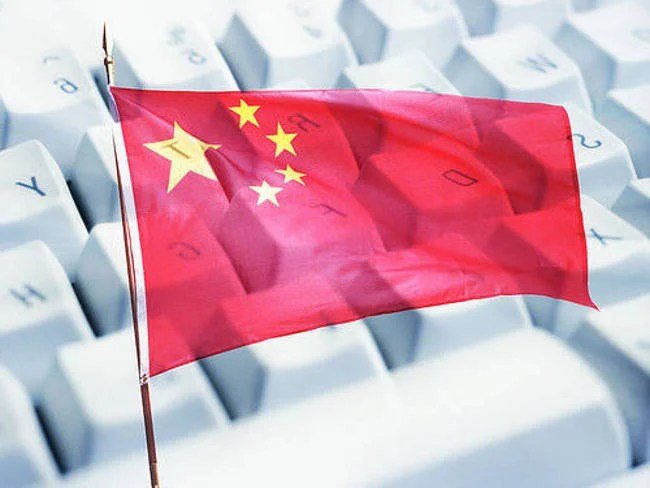The Salt Typhoon Breach: A Wake-Up Call for U.S. Telecommunications
In a shocking revelation, major telecommunications companies AT&T, Verizon, and Lumen Technologies have confirmed that their systems were infiltrated by Chinese government-backed hackers earlier this year. This breach, dubbed the "worst telecom hack in our nation’s history," has raised serious concerns about national security and the integrity of telecommunications infrastructure in the United States.
The Scale of the Breach
According to Anne Neuberger, the deputy national security advisor for cyber and emerging technology, the intrusion granted Beijing-backed spies the capability to geolocate millions of individuals and record phone calls at will. This alarming level of access highlights the vulnerabilities within the telecommunications sector and the potential for misuse of sensitive data.
AT&T reported that the foreign spies compromised "a small number" of its customers, specifically targeting individuals of foreign intelligence interest. The company has since stated that the attackers have been removed from its networks and that it continues to monitor for any further threats. "We detect no activity by nation-state actors in our networks at this time," an AT&T spokesperson assured.
Verizon echoed similar sentiments, confirming that the Chinese intruders accessed a limited number of high-profile customers in government and politics. The company has taken steps to contain the incident and has collaborated with federal law enforcement and national security agencies to address the breach. "We have not detected threat actor activity in Verizon’s network for some time," said Verizon’s Chief Legal Officer, Vandana Venkatesh.
Lumen Technologies also reported that it successfully expelled the Chinese attackers from its systems and found no evidence of customer data being accessed. An independent forensics firm has verified that Salt Typhoon is no longer present in their network.
The Broader Implications
The breach has not only affected the three companies that have confirmed the intrusion but has also led to the identification of a total of nine compromised telecom firms, as stated by the White House. While AT&T, Verizon, and T-Mobile US have publicly acknowledged their breaches, the identities of the other affected companies remain undisclosed.
Neuberger emphasized the extensive access gained by the hackers, revealing that they managed to break into an admin account, which provided them access to over 100,000 routers. This level of infiltration underscores the inadequacy of current cybersecurity measures in defending against sophisticated nation-state actors.
The Response from the Government
In the wake of the breach, the White House has highlighted the need for stronger cybersecurity protocols within the telecommunications industry. The Federal Communications Commission (FCC) has proposed new rules requiring basic cybersecurity practices for telecom carriers, with a vote expected by January 15. Additionally, U.S. Senator Ron Wyden has introduced legislation aimed at establishing binding cybersecurity standards for telecom systems.
Neuberger noted that all nine telecom CEOs whose companies were hacked have agreed to participate in the government’s 60-day Enduring Security Framework. This initiative seeks to implement minimum cybersecurity practices, developed in collaboration with intelligence officers, the Cybersecurity and Infrastructure Security Agency (CISA), the FBI, and telecom security experts.
Conclusion
The Salt Typhoon breach serves as a stark reminder of the vulnerabilities that exist within the telecommunications sector and the potential consequences of inadequate cybersecurity measures. As the U.S. government and telecom companies work together to strengthen defenses against future threats, it is crucial for all stakeholders to recognize the importance of robust cybersecurity practices in safeguarding sensitive information and maintaining national security. The implications of this breach will likely resonate for years to come, prompting a reevaluation of how telecom companies protect their networks and the data of millions of Americans.

